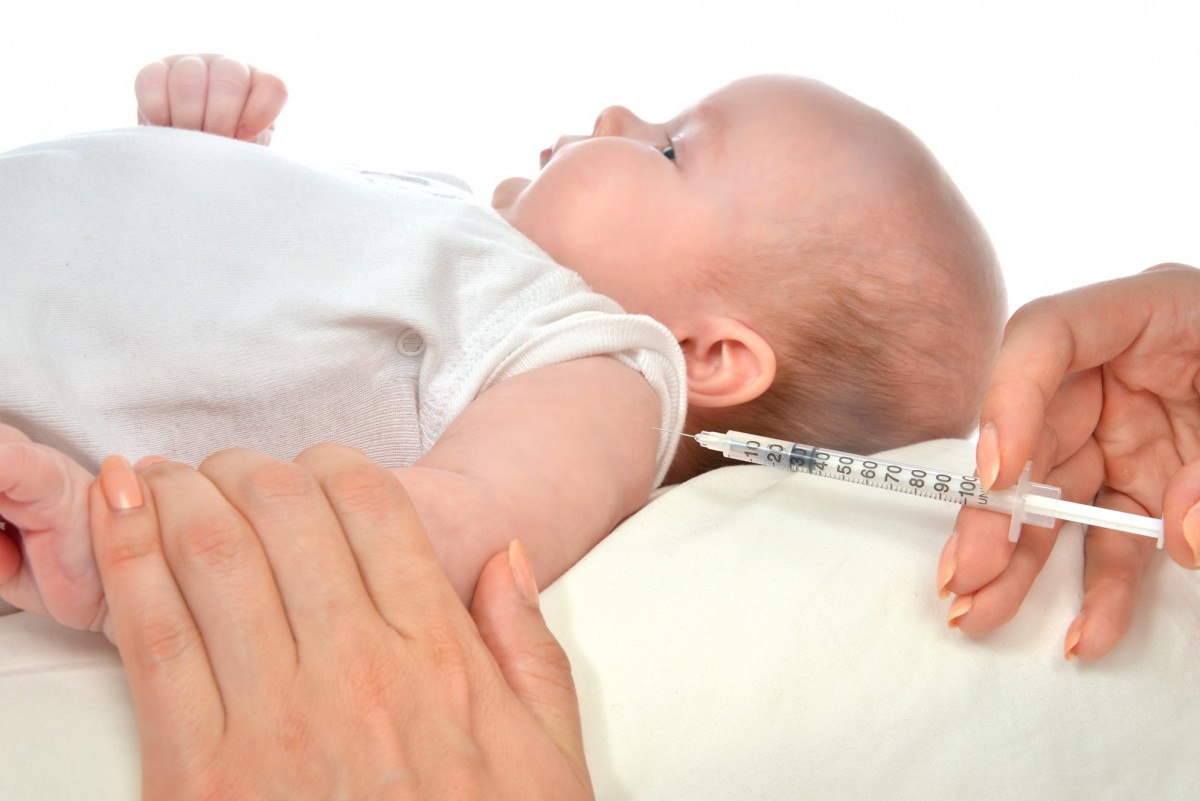Hepatitis B
Hepatitis B
Description of the disease
Hepatitis B is an infectious disease caused by the hepatitis B virus (HBV), which contributes to liver dysfunction and inflammation in acute or chronic form, and in severe cases, liver cirrhosis or oncology can develop. The virus is transmitted through blood, in addition (in some cases) it is detected in body fluids (saliva, urine, semen, tears, vaginal secretions). Possible ways of infection of young children: from mother to child during pregnancy or childbirth; contact with an infected child in a children's group, on the playground during bites, fights, cuts; through personal hygiene items of the infected (scissors, toothbrush, etc.); during the performance of invasive medical manipulations (most often dental), cosmetology salons, with poor-quality processing of tools.
-
Treatment
Treatment of the acute form takes place in a hospital. The chronic form of hepatitis B is controlled by an infectious disease doctor.
-
Prevention
Prevention of hepatitis B is vaccination, which should be carried out immediately after birth.
-
Symptoms
It is necessary to pay attention to the following symptoms: severe fatigue; sleep disturbance; yellowing of the skin and eyes (sclera); black urine; constipation; nausea and vomiting; decreased appetite; joint pains; dull pains in the abdomen in the liver.
-
Diagnostics
Diagnosis is possible only with the help of laboratory blood tests, which can distinguish between acute and chronic forms of the disease by detecting the surface antigen of hepatitis B - HbsAg.
